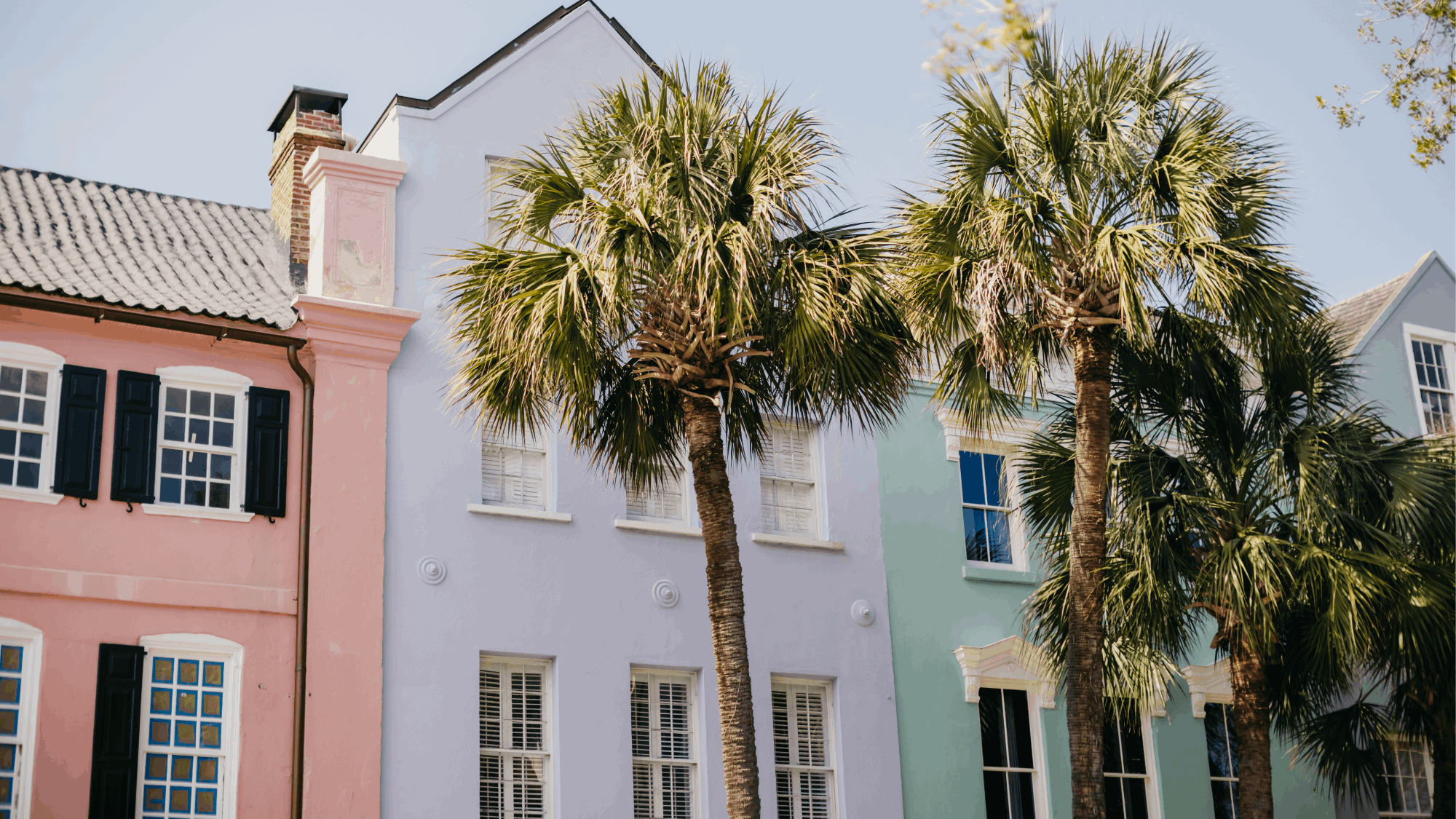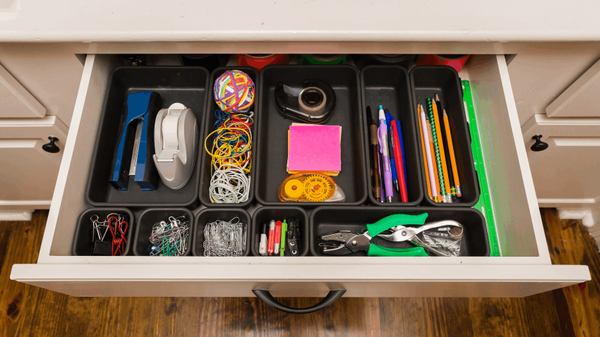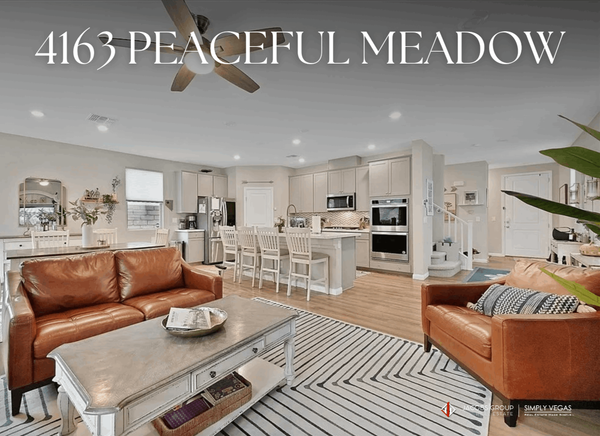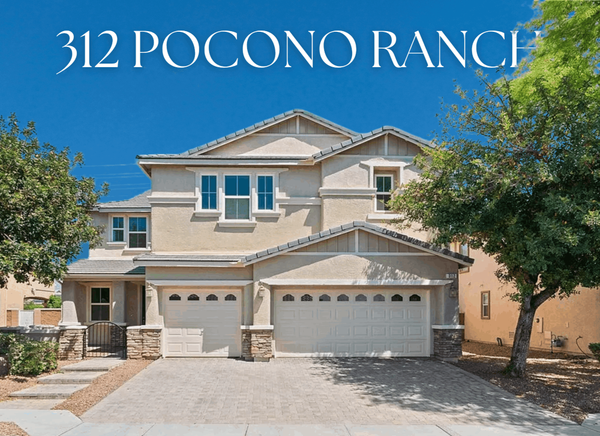
Buying a vacation home is an exciting opportunity to own a property in your favorite getaway location while potentially generating rental income. However, it’s a significant investment that requires careful planning and consideration. Here’s what you need to know before purchasing a vacation home.
1. Location is Key
When buying a vacation home, location is the most critical factor. Think about how often you’ll visit and how easy it is to get to. Choose a location that you love and will want to return to regularly, whether it's by the beach, in the mountains, or near a favorite tourist destination. Also, consider the market conditions of the area. A vacation home in a popular or growing area is more likely to appreciate in value and attract renters if you choose to rent it out.
2. Be Realistic About Costs
Owning a vacation home comes with many of the same expenses as your primary residence, plus some additional ones. In addition to the mortgage, property taxes, and insurance, you'll need to budget for maintenance, utilities, and possibly HOA fees. If you plan to rent the property, factor in the costs of hiring a property manager, cleaning services, and marketing the home. Seasonal expenses, such as winterizing a cabin or maintaining a pool, can also add up. It’s important to have a clear understanding of all these costs before making a purchase.
3. Financing Can Be More Complex
Getting a mortgage for a vacation home is slightly more complicated than for a primary residence. Lenders may view it as a riskier investment, so you’ll likely need a higher credit score and a larger down payment—often 20-30%. Interest rates on vacation home mortgages may also be higher than on a traditional home loan. Before starting your search, get pre-approved to understand how much you can afford and secure favorable financing terms.
4. Renting Your Vacation Home
Many vacation homeowners offset costs by renting out the property when they’re not using it. Short-term rental platforms like Airbnb and VRBO make it easier to market your property. However, you should research local regulations, as some cities have restrictions on short-term rentals. Make sure your vacation home is in a location that will attract renters year-round or at least during peak seasons.
5. Understand the Tax Implications
Owning a vacation home has tax implications that vary depending on how often you use the property versus how often you rent it out. If you rent it out for more than 14 days a year, the IRS considers it a rental property, which comes with different tax rules. You may be able to deduct expenses like mortgage interest, property taxes, and maintenance, but make sure to consult with a tax advisor to fully understand your obligations and potential deductions.
Buying a vacation home can provide personal enjoyment and financial benefits, but it’s important to carefully evaluate the costs, responsibilities, and long-term commitment. By doing thorough research and planning, you can make a smart investment in your dream getaway.












